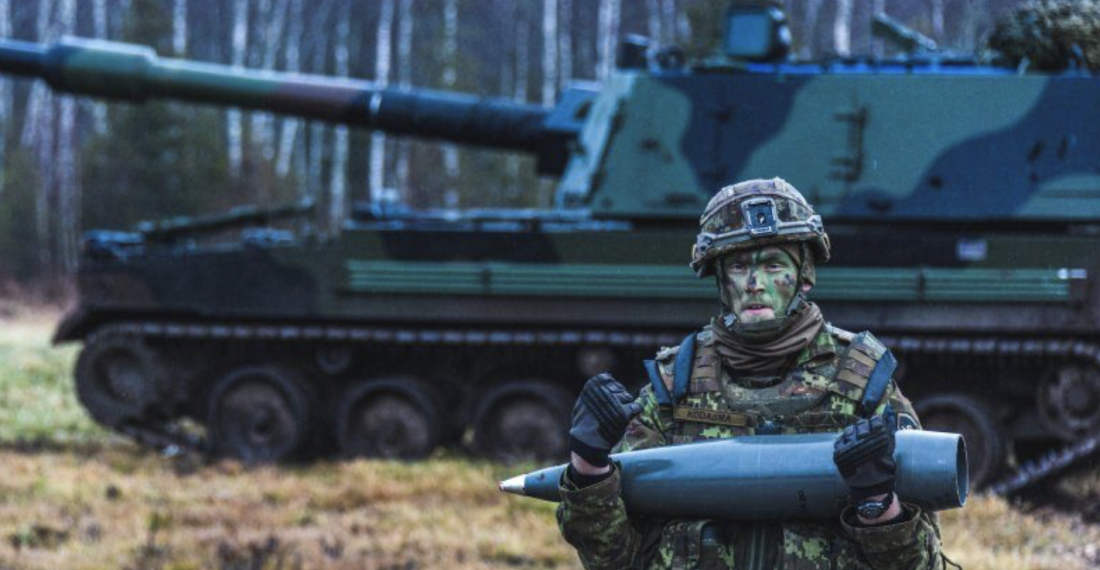The Baltic country is preparing to increase its defence spending to 5% of gross domestic product (GDP), up from 3.7% planned for 2026. This was announced by Prime Minister Kristen Michal.
"Our key security partner, under its new @POTUS, has sent a clear message: NATO defense spending must increase. We know our opponent, and I fully agree – our goal should be 5%. While our 2026 target is 3,7%, we must accelerate investments", he wrote.
In the message, the Prime Minister also wrote: "No new taxes: funding must come from diverse sources such as EU funds, public sector cuts, smart borrowing. Ready for broad consultations in Estonia and discussions with EU colleagues at EUCO”
Estonia, which borders Russia and has a large Russian minority, joined NATO in 2004 along with the other Baltic states and four other former Soviet Warsaw Pact allies. Last year, the country of less than one and a half million people spent around €1.5 billion on its armed forces, fifteen times less than the Netherlands.







